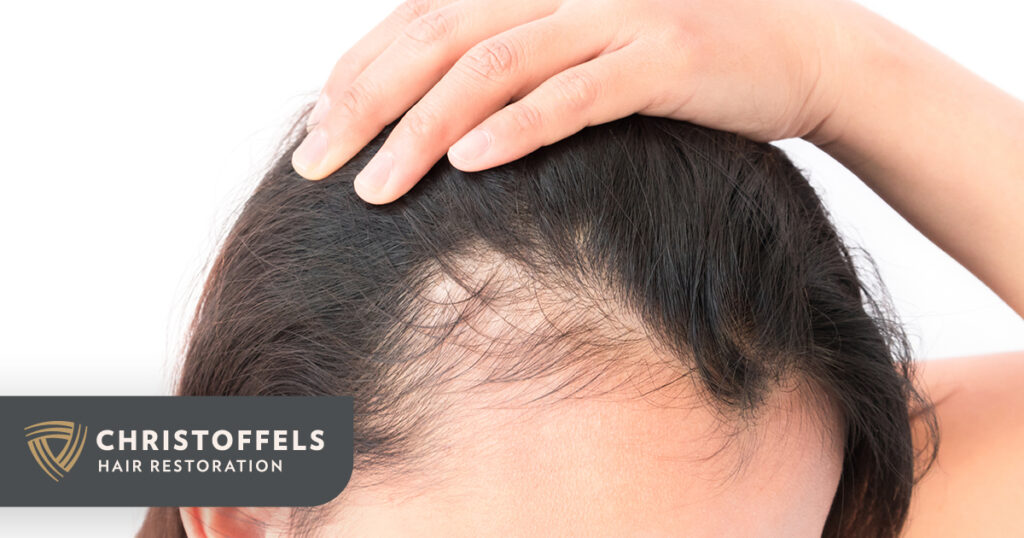Index Surge: Amplifying Your Insights
Stay updated with the latest trends and news across various industries.
Hair Today, Gone Tomorrow: The Hair Loss Dilemma
Discover secrets to tackle hair loss, from treatments to lifestyle tips. Don't let hair troubles hold you back—find solutions today!
Understanding the Causes of Hair Loss: What You Need to Know
Understanding the causes of hair loss is essential for anyone experiencing thinning hair or bald patches. Hair loss can be attributed to a variety of factors, and recognizing these underlying issues is the first step in addressing them. Common causes include genetic predisposition, commonly known as androgenetic alopecia, which affects both men and women. Other significant causes are hormonal changes, stress, and nutritional deficiencies, which can lead to excessive hair shedding. Furthermore, certain medical conditions, such as thyroid disorders and autoimmune diseases, can also contribute to hair loss.
In addition to these, lifestyle choices play a crucial role in hair health. Poor diet, lack of sufficient protein, and inadequate hydration can weaken hair strands and promote loss. Mechanical damage from hairstyles that pull on the hair, as well as excessive heat styling, can also exacerbate the problem. To tackle hair loss effectively, consider consulting a healthcare professional who can help determine the specific causes and recommend appropriate treatment options tailored to your needs.

Effective Treatments for Hair Loss: Myth vs. Reality
Effective Treatments for Hair Loss are often surrounded by numerous myths that can mislead individuals seeking solutions. One common myth is that over-the-counter shampoos and conditioners can effectively prevent hair loss. While these products can promote a healthier scalp and improve hair appearance, they cannot address underlying issues like hormonal imbalances or genetic predispositions. In reality, treatments such as minoxidil and finasteride have shown proven effectiveness in clinical studies for treating hair loss, though they may not work for everyone.
Another misconception is that hair transplant surgeries are a guaranteed solution for all hair loss sufferers. While these procedures can yield remarkable results for many, they are not suitable for everyone and require careful consideration of individual circumstances. Effective treatments for hair loss often involve a combination of therapies tailored to the individual's needs. For instance, lifestyle changes, nutritional supplements, and topical treatments may work together to enhance results. Understanding these distinctions can help consumers make informed decisions and avoid falling victim to ineffective treatments promising miracle results.
Is Hair Loss Reversible? Exploring Your Options
Hair loss is a common concern that affects millions of individuals worldwide, leading many to wonder, is hair loss reversible? While some types of hair loss, such as telogen effluvium or traction alopecia, may be temporary and reversible with appropriate intervention, other forms, like androgenetic alopecia, may require more comprehensive treatment options. Understanding the underlying cause of hair loss is crucial in determining its potential for reversibility. Treatments may include lifestyle changes, topical solutions, and even medical procedures aimed at stimulating hair growth and restoring volume.
If you're exploring your options, consider the following approaches to address hair loss:
- Minoxidil: An over-the-counter topical treatment that can stimulate hair follicles.
- Finasteride: A prescription medication that helps reduce hair loss in men.
- Platelet-rich plasma (PRP) therapy: A procedure that uses your blood's growth factors to promote hair growth.
- Hair transplant surgery: A surgical option that redistributes hair follicles from fuller areas of the scalp.
Consulting with a healthcare professional can help you identify the most suitable strategy based on your individual condition, making it essential to address the question, is hair loss reversible, with informed and tailored choices.